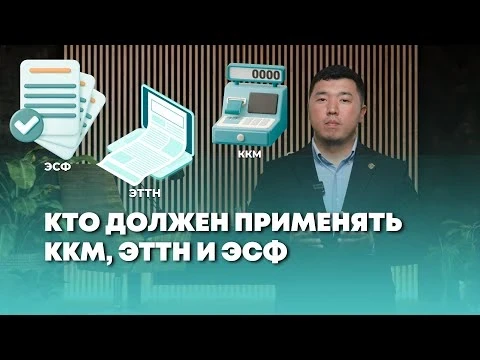
The GNS clarifies that the law adopted on October 29, 2025, introduced a number of changes to the Tax Code aimed at improving tax legislation, simplifying tax administration, and combating the shadow economy.
According to the new legislation, starting from January 1, 2026, entrepreneurs will be responsible for using equipment for cashless payments if it is registered in their name as individuals (for personal transactions). For the first violation, a warning will be issued, while repeated violations will incur fines depending on the offender's status (individual or legal entity).
For individuals, fines will range from 50 to 130 calculation indicators for repeated violations, while legal entities face fines from 280 to 650 calculation indicators.
Banks will also be held responsible for the untimely provision of information to tax authorities, which will also result in a fine of 650 calculation indicators for legal entities.
The goal of these innovations is to create safe conditions for transactions, foster trust in entrepreneurs, and simplify business operations while strengthening tax discipline.
The changes also contribute to reducing bureaucratic burdens and developing digital technologies in the field of payments, including clear rules for the use of QR codes and electronic wallets, which reduces risks for entrepreneurs and ensures safety for consumers.
It is important to note that these changes do not abolish cash payments but merely introduce new norms regulating cashless payments.
Entrepreneurs are required to ensure the possibility of paying for goods and services using bank cards, electronic money, and QR codes that comply with national standards.
Currently, fines are in place for the absence of equipment for cashless payments or refusal to accept them, amounting to 10 calculation indicators for individuals and 50 for legal entities. Measures are also provided for the use of QR codes and terminals registered to third parties.
Changes to the Labor Code of the KR
The law of October 29, 2025, also affects the Labor Code. Starting from January 1, 2026, individual entrepreneurs are required to pay salaries to foreign workers only in cashless form.
Cash payments will only be allowed in exceptional circumstances, such as emergencies, or in cases defined by the government of Kyrgyzstan. The Cabinet of Ministers has established a number of conditions under which cash payments may be made.
In particular, this concerns the absence of banking infrastructure, seasonal work, the seizure of settlement accounts, and certain categories of workers, such as members of agricultural cooperatives.
Previously, the Labor Code already contained a provision for cashless payments for legal entities, but new requirements have now been added.









